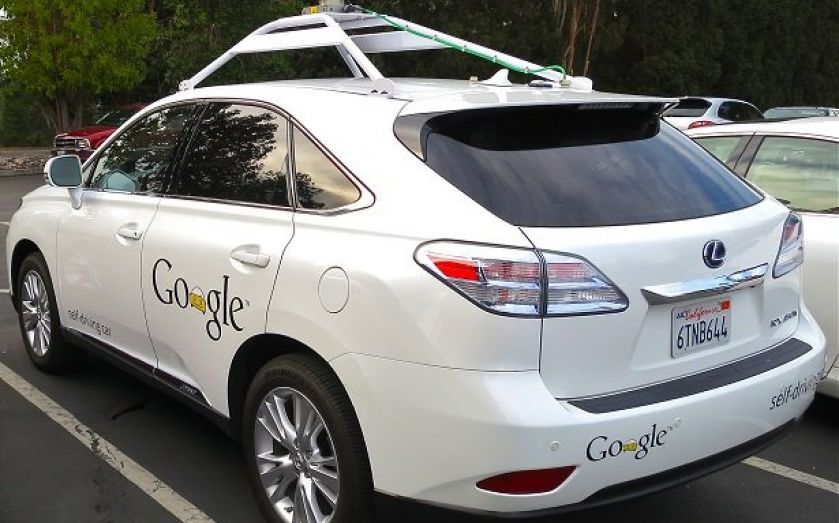Driverless cars to take to UK roads from 2015

Driverless cars will be allowed to use public roads as soon as next year, the business secretary Vince Cable announced today.
Furthermore, the business secretary outlined measures to boost research in the area. UK cities will be able to bid for a share of a £10m competition to host a driverless cars trial, with the government urging cities to join with businesses and research organisations to put forward proposals.
Three cities will be selected to host the trials from 2015 – and each project is expected to last between 18 and 36 months.
Speaking at vehicle engineering consultancy MIRA, Vince Cable said:
The excellence of our scientists and engineers has established the UK as pioneers in the development of driverless vehicles through pilot projects.
Today’s announcement will see driverless cars take to our streets in less than six months, putting us at the forefront of this transformational technology and opening up new opportunities for our economy and society.
The announcement compliments George Osborne's National Infrastructure Plan of 2013, where he said "the legislative and regulatory framework demonstrates to the world's car companies that the UK is the right place to develop and test driverless cars."
Driverless cars have so far only been allowed to operate on private roads. The University of Oxford has been working with Nissan on RobotCarUK, an electric vehicle that uses cameras and lasers to navigate without the driver's input.
These vehicles have already been tested on private roads at the group's Begbroke Science Park base just outside of Oxford. However, unlike the driverless cars produced by Google, RobotCar is not reliant on GPS to navigate.
Back in May, Google rolled out 100 self-driving cars in California, in a trial the tech giant hoped would pave the way for widespread global use.
It is hoped driverless cars could liberate users from the drudgery and wasted time of the daily commute. Speaking to The Atlantic Cities, Google's Chris Urmson said that the typical American now spend 52 minutes of each day commuting.
That's four per cent of the average American's lifetime – "If I could give you four per cent more life, you'd take it," said Urmson.
Sweden has also been part of the growing enthusiasm surrounding the new technology, with the city of Gothenburg set to allow 1,000 Volvo driverless cars on the roads by 2017.